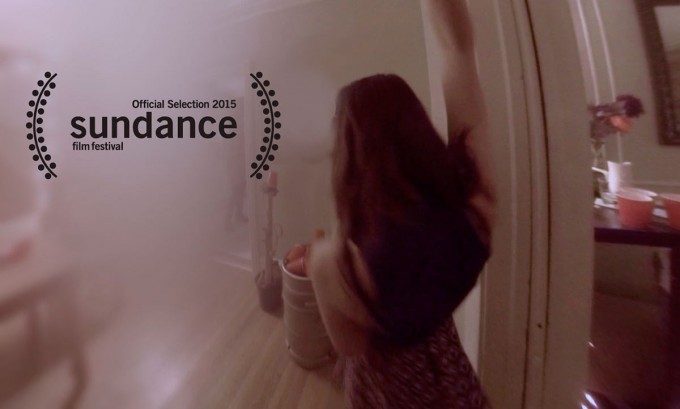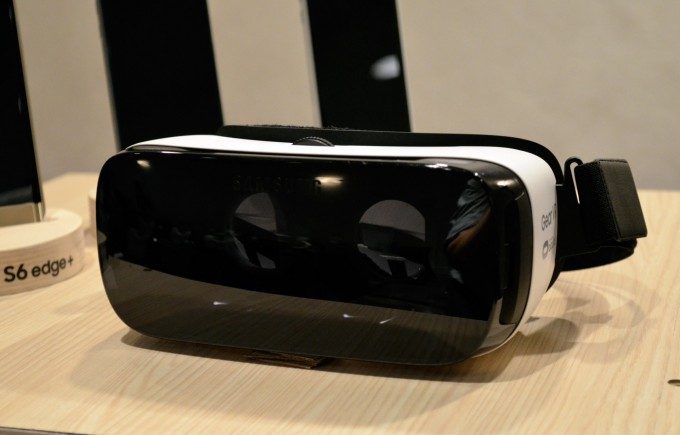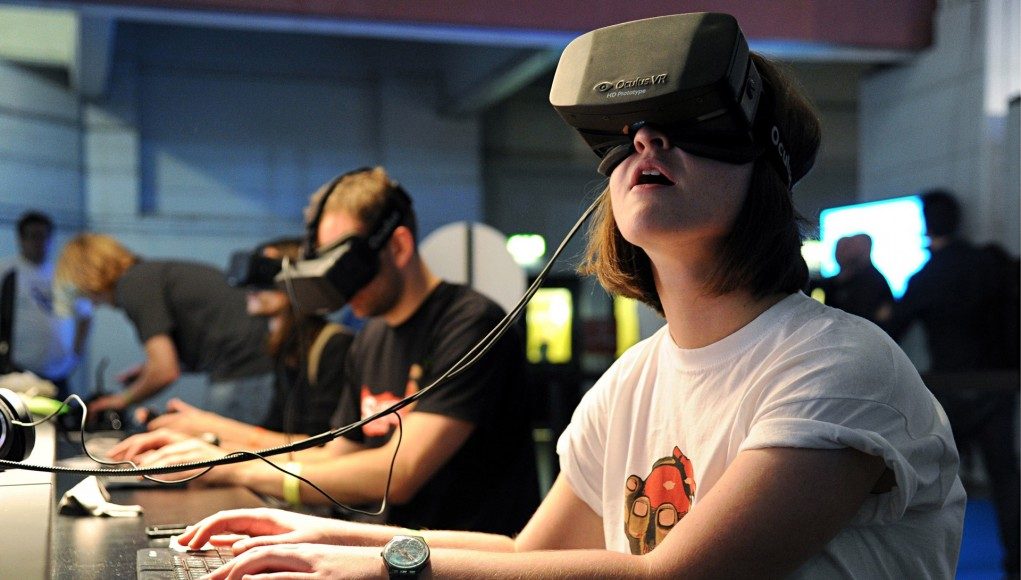The latest in a series of regular articles exploring virtual reality, Noah Nelson today ponders how the rise of VR film-making may be scuppered by traditionalist attitudes towards the medium and how VR’s power to promote human empathy might just not work for some or even many viewers.
 Noah Nelson (@noahjnelson) is the head writer of Turnstyle News, a public media website that covers tech and entertainment, and a project of the Peabody Award winning Youth Radio.
Noah Nelson (@noahjnelson) is the head writer of Turnstyle News, a public media website that covers tech and entertainment, and a project of the Peabody Award winning Youth Radio.
Not that long ago the Sundance Institute announced that they were stating up a program for aspiring virtual reality filmmakers with the help of Jaunt Studios. Because this news had an established cultural institution like Sundance as part of it, I began to see the announcement outside my tech savvy, VR and media obsessed circles. My “normal” friends had caught wind of it and were fielding opinions.
One such opinion didn’t so much surprise as deeply disappoint me. The person in question dismissed the whole of the idea of VR being used for anything but escapist purposes. They had sampled a piece—I’m assuming it was Specular Theory’s film about sexual assault—and found the experience distasteful. From that encounter alone they were willing to write off the entire developmental line of VR documentaries.
This was, of course, just a few days before The New York Times seeded Cardboard across their subscriber base. Before Lytro announced that not only were they producing a light field volume capture rig, but that the leading VR filmmakers were already playing with it.

In short: this one dude’s—and yes, it was a dude—opinion was flying right in the face of all the inertia of VR filmmaking. The reality part of virtual reality has been getting some major reps in, and this bro was asking if VR even lifts. Or something to that effect.
Still the question gave me pause, and while my gut reaction hasn’t changed—I think the guy is full of it—it did make me start wondering about what the overall market for VR is going to look like. Whether there is an actual appetite for documentary VR projects beyond the niche market that already exists. That is: the market that is rests in a sweet spot of the Venn Diagram of “people who like documentaries” and “people who are into VR.”
Right now the former is larger than the latter, probably. Which is just a distribution issue. One that Cardboard and Gear VR are beginning to solve, but its a knot that even Mark Zuckerberg doesn’t expect to be fully untangled for some time to come.

So a question that comes to mind is this: is the illusion of presence that is so compelling to those of us who are VR enthusiasts effective enough to create a new generation of documentary film fans?
We know that works like March of the Penguins become crossover successes thanks to their subject matter: OMG penguins. We also know that the world has a HUGE appetite for news. There wouldn’t be CNN and Fox News if this wasn’t true. Documentaries are, from a certain point of view, just longer-form, more narratively focused versions of the work one can find in television news agencies. Some of those entities are already doing great work in VR. ABC News’ collaboration with Jaunt in Damascus, Syria is a fantastic piece of work. I’ve never felt more transported by VR than while viewing that piece.
But again: I’ve got the right wiring for this kind of thing. My empathy circuits function…maybe even are set a little high. I’ve never been the kind of person who has trouble projecting his imagination into another space or into another person’s shoes. (Or when I do I know the pathways to work my head into that space. It’s not like it’s an “always on” power.) I’m not convinced that the vast majority of people have this capacity.

Some of that might be just learned experience: people get their empathy closed off. It can even because they have such a great capacity for empathy they they find a way to shut it down so as not to be debilitated by it. Ever have a day where you literally can’t even and find yourself cold to even those closest to you? Now imagine that being your default mode because it is all too much.
The hope is that VR is an “empathy machine.” That there is an inherent bias in the donning of the HMD and the entering into another being’s point of view—Being John Malkovich style—that triggers a deeper understanding. What if we’re wrong? What if it’s not just some people that don’t experience that, perhaps for neurological reasons, but the vast majority?
Alternatively what if this particular type of imaginative empathy is like a muscle? One that gets stronger the more it is used? Could that mean that the generation that grows up with VR will be more empathic than the generation that grew up with on-demand video and always on Internet? (Please, please, oh please let this be so.) That’s the digital hippie utopia that we pay tribute to every time we evoke the “empathy machine” trope. Are we naïve for doing so?
I’m going to wager that we are not. Maybe the anecdotal samples we have to work with are skewed. VR documentaries get buzz in VR and media circles because the people in those fields are inherently media savvy. That doesn’t automatically mean that the experiences aren’t compelling to lay people. What we would be wise to do—as enthusiasts—is to under-promise and over-deliver even as we evangelize.
If Jaunt and ABC had framed the Syria piece as “OMG the most compelling thing evar” I would probably not wound up screaming “SHUT UP” at my bedroom wall as I pivoted around an ancient tomb. When the work is really great it totally speaks for itself. Right now, however, people might not be as ready to dive into something confrontational and immersive as Specular Theory’s Perspective: The Party when they are still getting used to the basic experience of “teleportation.”
Immersive experiences can be off-putting for those who are only versed in the ways of observational media. That’s frustrating for those of us who are immersive fanatics—among whose number I definitely count myself—but my gut tells me that we’re better off bringing them into our world gently than kicking them into the deep end of the pool and then asking if they can swim.
If you’re curious as to what 360 news/doc content I’ve found compelling I wrote up a little guide to iPhone VR video apps at the day job.







